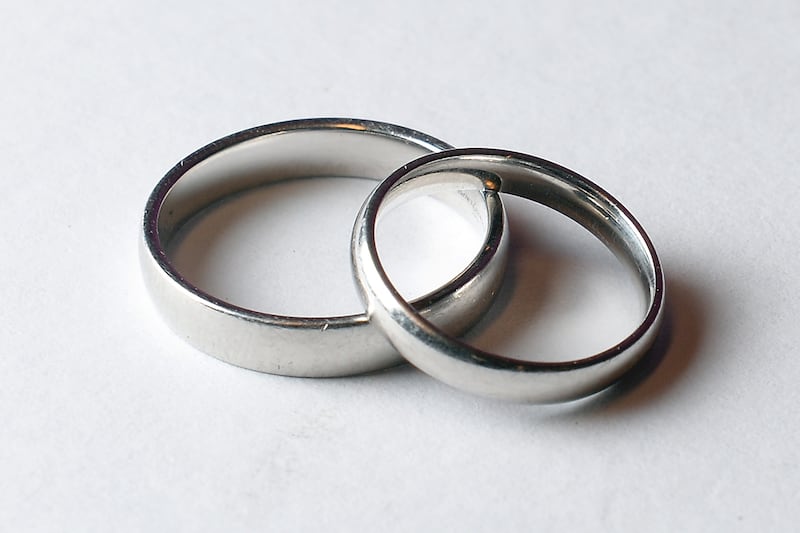February 13 1975
In a surprise announcement, the new Opposition leader, Mrs Margaret Thatcher, said she had asked Mr William Whitelaw to be deputy leader of the Opposition and he had accepted.
The former Northern Ireland Secretary was her arch rival in Tuesday’s second-round leadership poll.
Immediately after the result, Mr Whitelaw, currently chairman of the Conservative Party, announced his willingness to serve in the Thatcher line-up. But last night’s announcement that he will be her deputy will come as a shock to many politicians.
It clearly reflects Mrs Thatcher’s intention to unify the party and demonstrate that she has no plan to establish a “right wing” shadow cabinet.
No announcement came, last night, of Mr Whitelaw’s precise role in the Commons. At the moment, as chairman of the party, he has special responsibility for devolution.
At the same time as the Whitelaw announcement was made, Mrs Thatcher disclosed that she had asked Mr Heath to join the shadow cabinet “which she will shortly be forming”. A formal press statement recorded tersely: “However, Mr Heath indicated that he wished to adhere to his intention, already announced, of serving in parliament on the back benches”.
Mrs Thatcher has also given a key job to her major election campaign manager, Mr Airey Neave. The man who escaped from Colditz and organised a freedom route through enemy-occupied Europe is to be head of her private office.
Also announced yesterday was the appointment of Mrs Fergus Montgomery as Mrs Thatcher’s Parliamentary Private Secretary.
At Westminster, last night, the sudden appointments surprised many MPs. It seemed clear to them that the new leader of the Opposition had no intention of letting any grass grow under her feet and that details of her shadow cabinet might not be long delayed.
After winning the second round of the Conservative Party leadership election, Margaret Thatcher, one of the most polarising figures in British politics, began her more than 15-year leadership of the party, serving as prime minister for 11 of those years.
*****
Dublin Focal Point of EEC
The Common Market spotlight focuses on Dublin today with the arrival of delegates for a conference of the nine foreign ministers.
The meeting marks the first important Euro-occasion for Ireland since the Republic assumed presidency of the EEC on January 1.
Two years after joining the EEC, Ireland held the rotating presidency for the first time for the first six months of 1975.






